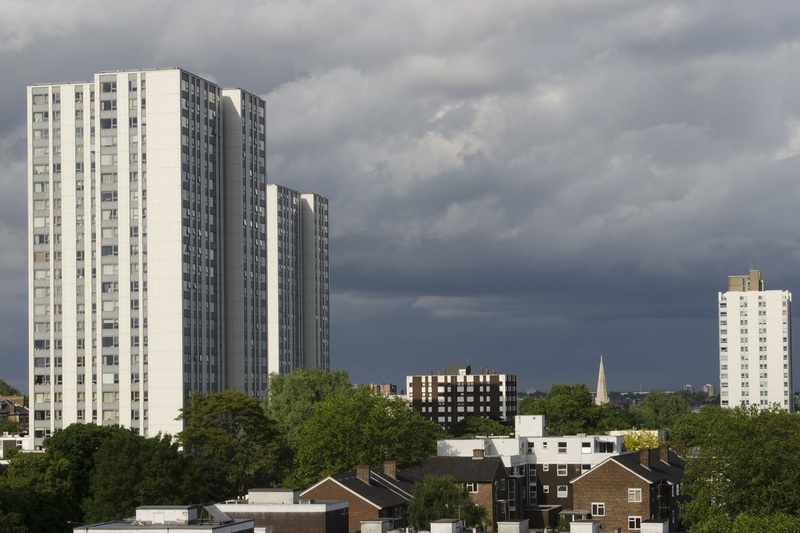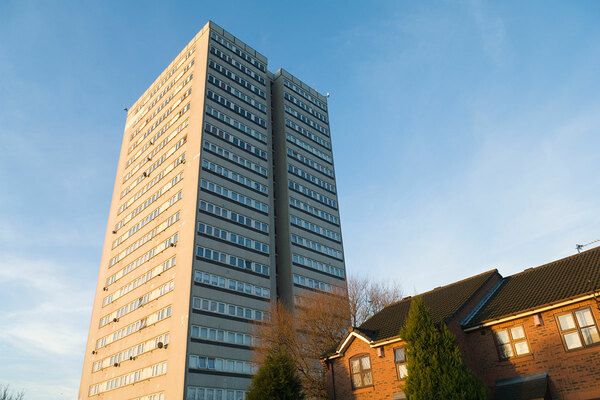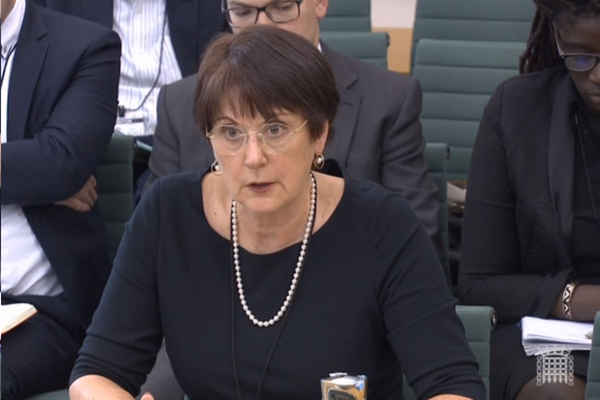You are viewing 1 of your 1 free articles
Two more councils join Hackitt ‘early adopters’ group
Manchester and Camden councils are the latest organisations to join a government-backed group acting as ‘early adopters’ of the post-Grenfell proposals on building safety.

They join Birmingham City Council and Wandsworth Borough Council in the group, which was launched in 2018 after Dame Judith Hackitt’s review of building safety was published.
The government set up the group to test proposed policy options ahead of new laws being made on building safety. A charter based on five principles concerning putting safety first was unveiled last year.
Housing associations L&Q, Peabody and Salix Homes are also in the group, as are builders and contractors Barratt Homes, Kier, Willmott Dixon and United Living.
Manchester has emerged since the Grenfell Tower fire as a focus point outside London, as several blocks in the city have been found to have dangerous cladding. This has led to the formation of the residents group, Manchester Cladiators.
Suzanne Richards, executive member for housing and regeneration at Manchester City Council, said: “I hope that by being part of the conversation with government on Hackitt, we can continue to influence action at a national level so that these blocks are remediated as quickly and fairly as possible.”
She added: “What’s clear is that there is a lack of consistency within the industry about materials and building standards that is unacceptable. We hope that by being an early adopter of the Hackitt Review, we can help shape future development to ensure safety standards are central to the process.”
Camden has also been in the spotlight, as thousands of residents were evacuated from the council-owned Chalcots Estate because of safety concerns, just days after the Grenfell fire.
Last November, the north London council revealed it has made a £130m High Court claim against the contractors involved in the Chalcots refurbishment – including Rydon, which also led the refurbishment of Grenfell Tower.
Cllr Meric Apak, Camden’s cabinet member for better homes, said: “We are committed to delivering a new standard of resident safety - and being an early adopter of the Hackitt Review’s recommendations is another way in which we are working towards delivering this for our residents.
"We have already invested significantly in our residents’ safety, carried out enhanced risk assessments in all our council housing, established a resident’s safety panel to help us find ways of managing risk by working together with our tenants and leaseholders and we have recruited a range of specialist officers to focus on the issues raised."
Figures published last week revealed that 315 buildings across England and Wales with aluminium composite material cladding are still to be fully remediated. Ninety-one of these are social housing blocks and 174 are privately owned.
The government confirmed in the Queen’s Speech before the general election its intention to bring forward legislation implementing all 53 of Dame Judith’s recommendations, as well as establish a building safety regulator.
Dame Judith was sharply criticised in the immediate aftermath of her report’s publication for failing to recommend a ban on combustible materials. The government has since introduced a ban on combustibles on new buildings more than 18 metres tall.
Sign up for our Council Focus newsletter
Already have an account? Click here to manage your newsletters










